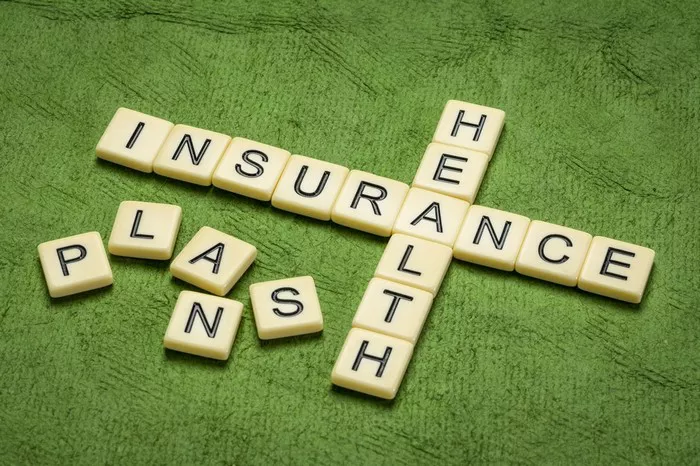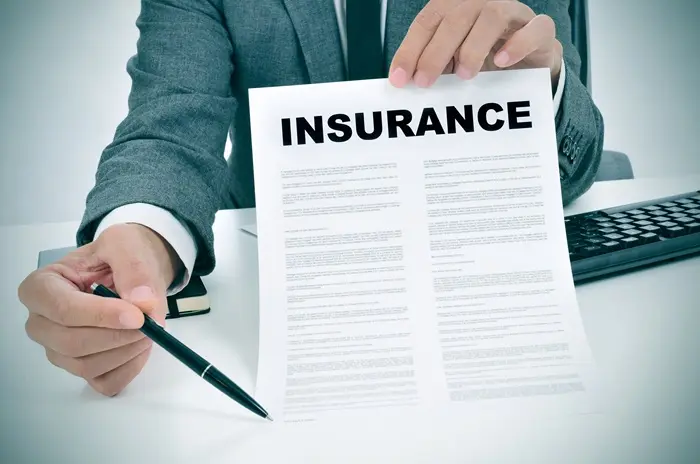Liability insurance is an essential aspect of risk management for individuals and businesses. Proof of liability insurance serves as evidence that you are covered against potential claims arising from injuries or damages to other parties. This article will explore what proof of liability insurance is, its significance, how to obtain it, and its role in various contexts.
Understanding Liability Insurance
What is Liability Insurance?
Liability insurance is a type of insurance that protects you from claims resulting from injuries or damages that you may cause to others. It provides financial protection by covering legal fees, medical expenses, and other costs associated with such claims.
Types of Liability Insurance
There are various types of liability insurance, each designed to protect against specific risks. Some of the most common types include:
General Liability Insurance: This is often essential for businesses. It covers claims for bodily injury, property damage, and personal injury that occur on your business premises or as a result of your operations.
Professional Liability Insurance: Also known as errors and omissions insurance, this type of coverage is crucial for professionals like doctors, lawyers, and accountants. It protects against claims of negligence or malpractice.
Auto Liability Insurance: Required for vehicle owners, this insurance covers damages and injuries you may cause to others in a vehicle accident.
Product Liability Insurance: This coverage protects manufacturers, distributors, and retailers from claims related to injuries or damages caused by their products.
Employer’s Liability Insurance: This coverage protects employers against claims made by employees for work-related injuries or illnesses.
Importance of Liability Insurance
Liability insurance is vital for several reasons:
Financial Protection: It helps protect your assets in case of legal claims or lawsuits.
Peace of Mind: Knowing you have coverage can ease concerns about potential lawsuits.
Legal Requirement: Many states and industries require specific forms of liability insurance, especially for businesses and drivers.
What is Proof of Liability Insurance?
Definition of Proof of Liability Insurance
Proof of liability insurance is a document that verifies you have liability insurance coverage. It serves as evidence to third parties, such as clients, business partners, or regulatory authorities, that you are insured against potential liabilities.
Common Forms of Proof of Liability Insurance
Insurance Certificate: This is the most common form of proof. It outlines your coverage details, including policy number, coverage limits, and the period of coverage.
Declarations Page: This document is usually part of your insurance policy. It summarizes the coverage you have and serves as proof when needed.
Insurance Card: For auto liability insurance, you may receive a card that provides proof of coverage. This is often required by law to be carried in your vehicle.
Letter from the Insurance Company: Some situations may require a formal letter from your insurance provider confirming your coverage.
Purpose of Proof of Liability Insurance
Proof of liability insurance serves several purposes:
Verification of Coverage: It confirms that you have the necessary insurance to protect against potential claims.
Contractual Requirement: Many contracts require proof of insurance before work can begin. This is common in construction, consulting, and other industries.
Regulatory Compliance: Businesses may need to provide proof of insurance to comply with local regulations or industry standards.
Peace of Mind: Having proof of coverage can alleviate concerns for both parties involved in a contract or agreement.
Why is Proof of Liability Insurance Important?
1. Legal Protection
In many industries, having proof of liability insurance is a legal requirement. It protects you and your business from potential lawsuits and claims.
2. Contractual Obligations
Many contracts stipulate that one party must provide proof of insurance before work commences. This requirement helps protect all parties involved in the agreement.
3. Business Credibility
Having proof of liability insurance enhances your business’s credibility. It shows clients and partners that you are responsible and take risk management seriously.
4. Peace of Mind
Knowing you have coverage and can prove it provides peace of mind. This is especially important in high-risk industries.
How to Obtain Proof of Liability Insurance
1. Purchase a Liability Insurance Policy
The first step in obtaining proof of liability insurance is to purchase a policy from a reputable insurance provider.
2. Receive Your Insurance Documents
Once you purchase a policy, your insurance provider will issue several documents, including the certificate of insurance, declarations page, and policy documents.
3. Request Additional Proof if Necessary
If you need specific documentation for a client or contract, don’t hesitate to ask your insurance provider. They can issue letters or additional certificates as required.
4. Keep Documents Organized
Maintain a file with your insurance documents, including proof of coverage. This will make it easier to provide the necessary documentation when required.
What Information is Included in Proof of Liability Insurance?
1. Policyholder Information
Proof of liability insurance will typically include your name or your business’s name and contact information.
2. Insurance Provider Details
The document will also list the name and contact information of your insurance provider, including their address and phone number.
3. Coverage Details
Key coverage details are included, such as:
Policy Number: A unique identifier for your insurance policy.
Coverage Limits: The maximum amount your insurance will pay for a claim.
Effective Dates: The start and end dates of your coverage.
4. Description of Coverage
The document may describe the types of coverage included in your policy, such as general liability or professional liability.
5. Additional Insured Parties
If required, proof of insurance may list any additional insured parties, such as clients or business partners, who are covered under your policy.
See Also: What is the Difference Between Liability Insurance and Full Coverage?
Common Situations Requiring Proof of Liability Insurance
1. Business Contracts
When entering contracts with clients or other businesses, you may be required to provide proof of liability insurance to ensure you are covered in case of accidents or claims.
2. Lease Agreements
Landlords may require tenants to provide proof of liability insurance as part of a lease agreement to protect against damages to the property.
3. Licensing Requirements
Certain industries and professions require proof of liability insurance to obtain licenses or permits, such as construction, healthcare, and legal services.
4. Events and Gatherings
If you plan to host an event, vendors or venues may require you to provide proof of insurance to cover potential liabilities.
5. Regulatory Compliance
Some regulatory bodies require proof of liability insurance to comply with industry standards, protecting consumers and ensuring responsible practices.
What to Do If You Don’t Have Proof of Liability Insurance
1. Evaluate Your Insurance Needs
If you don’t have liability insurance, assess your risk exposure and determine whether you need coverage. Consider the nature of your business and any potential liabilities.
2. Shop for Insurance
Research different insurance providers to find a policy that meets your needs. Compare quotes and coverage options to find the best fit for your situation.
3. Obtain Coverage
Once you select an insurance provider, purchase the appropriate policy. After your purchase, you will receive the necessary documentation to prove your coverage.
4. Maintain Your Policy
Regularly review your insurance policy to ensure it meets your needs as your business grows or changes. Update your coverage as necessary to stay protected.
Conclusion
Proof of liability insurance is a critical component of risk management for individuals and businesses. It serves as evidence that you have the necessary coverage to protect against potential claims. Understanding its significance, how to obtain it, and when it is needed can help you navigate the complexities of insurance.
Key Takeaways
- Proof of liability insurance verifies that you have coverage against potential claims.
- It includes essential information such as policyholder details, coverage limits, and effective dates.
- Many contracts and legal requirements mandate proof of liability insurance.
- Obtaining proof involves purchasing a policy and maintaining proper documentation.
By understanding the nuances of proof of liability insurance, you can make informed decisions to protect yourself and your business from potential risks.
Related topics:

































